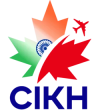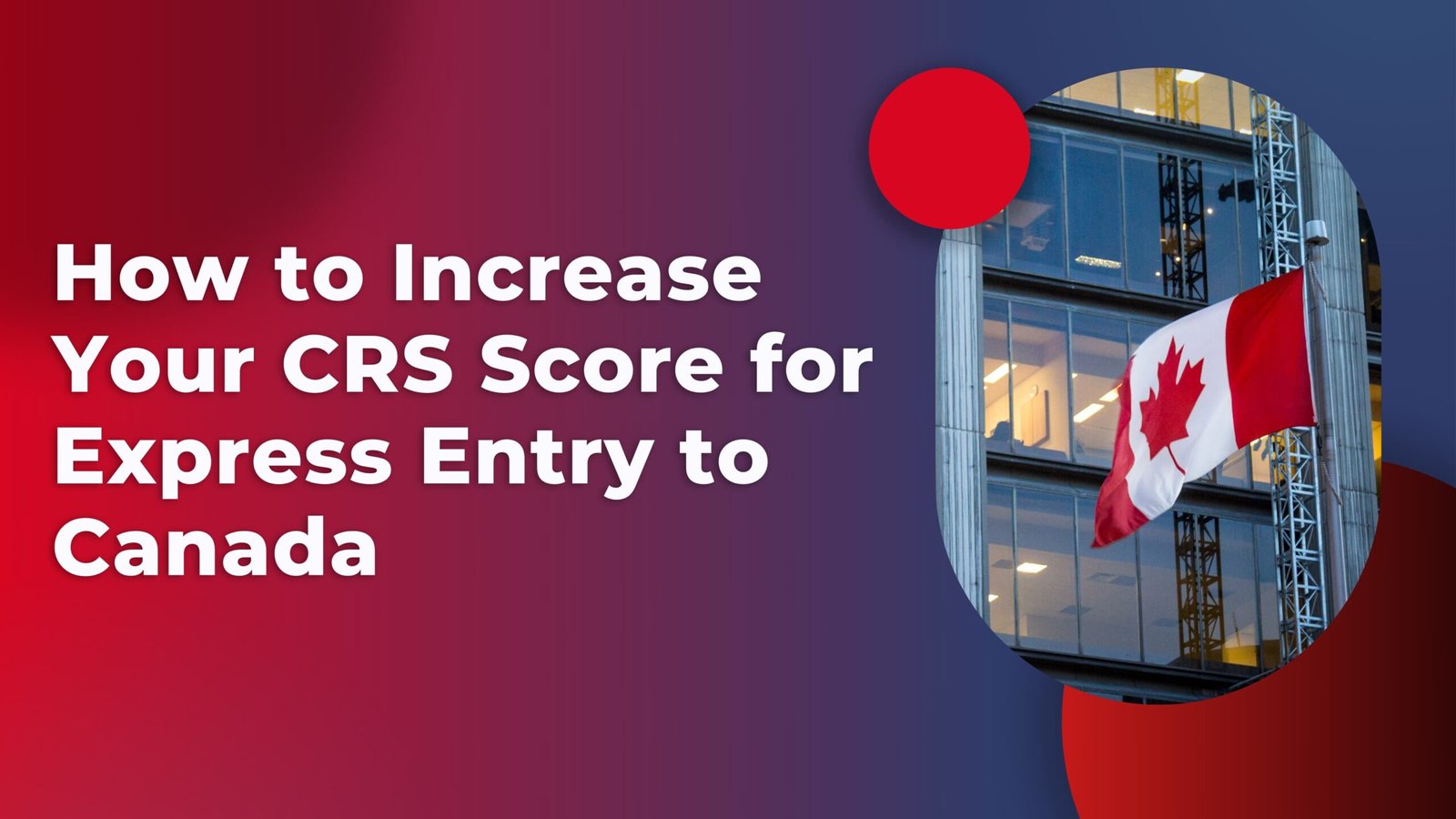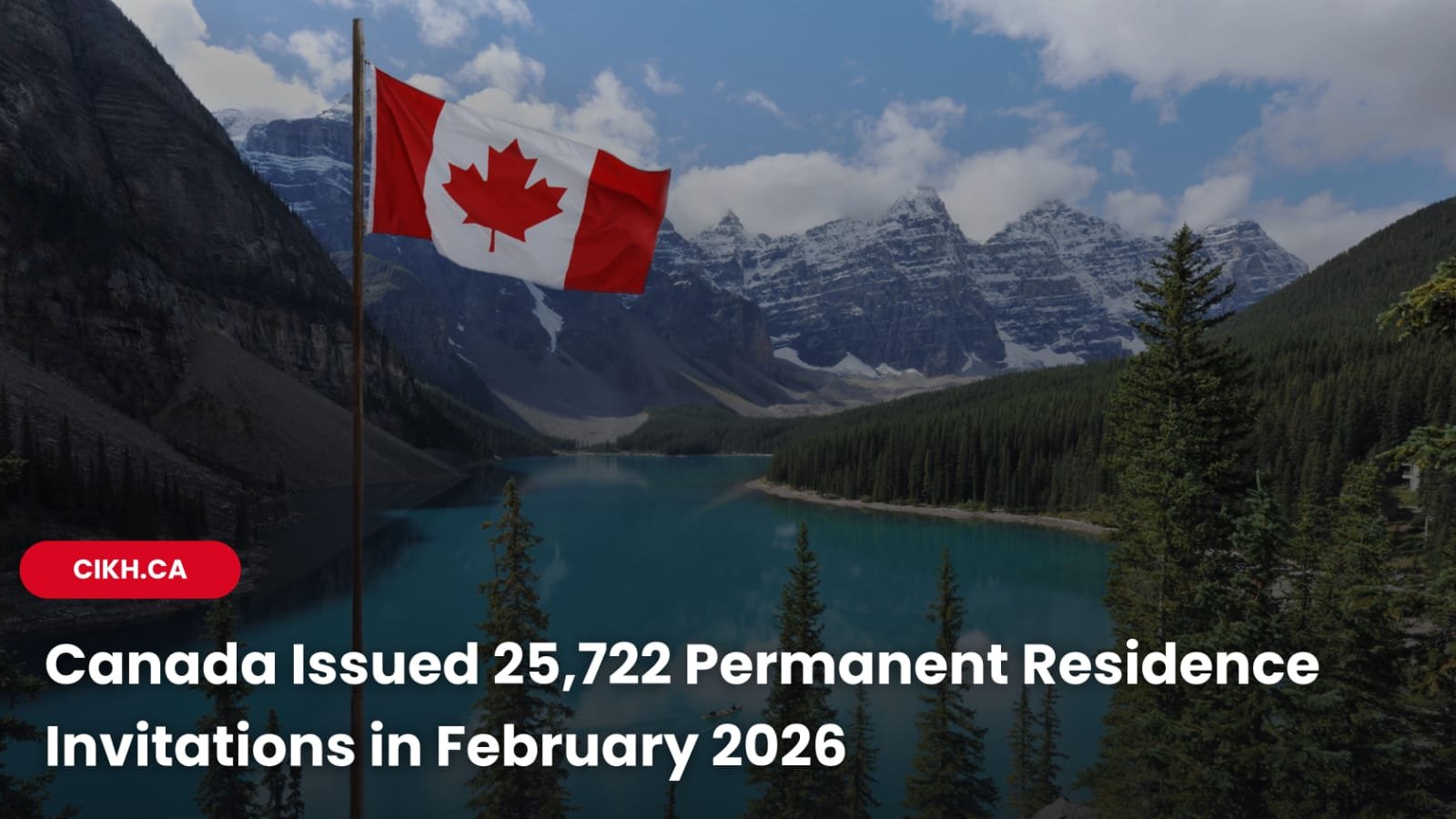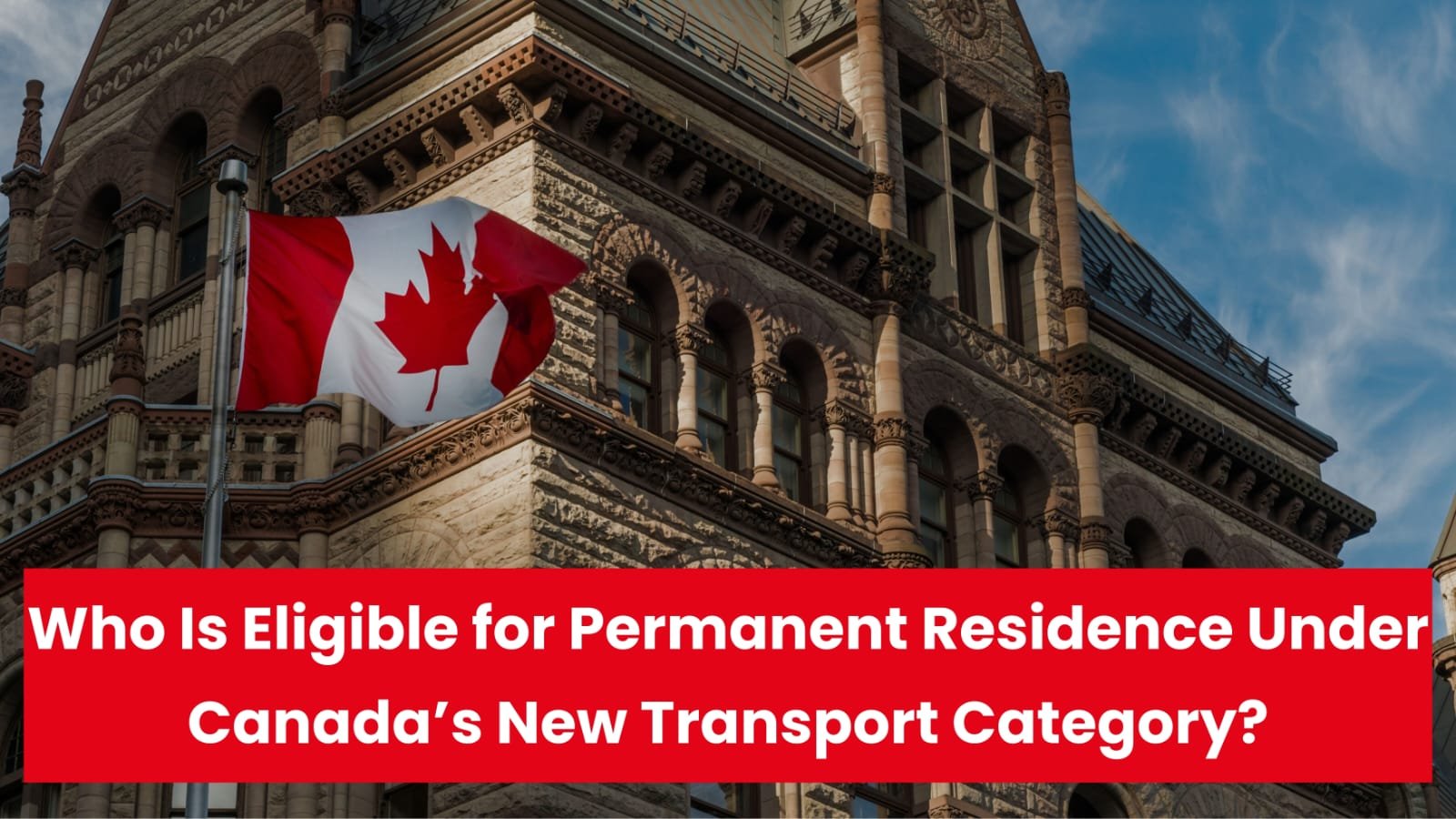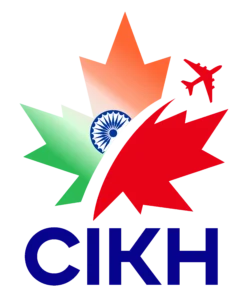Dreaming of living in Canada? Then you’ve probably heard of the Express Entry system—Canada’s fast-track path for skilled immigrants. At the heart of it lies your Comprehensive Ranking System (CRS) score, and the higher it is, the better your chances of receiving an Invitation to Apply (ITA) for permanent residence.
But what if your score isn’t quite there yet? No worries. In this article, we’ll break down exactly how to increase your CRS score step by step. Whether you’re just starting out or trying to get over the next hump, we’ve got you covered.
Book Your Consultation for Canadian Immigration
Understanding the CRS Score
What is the Comprehensive Ranking System (CRS)?
The CRS is a points-based system used to assess and rank candidates in Canada’s Express Entry pool. It evaluates key factors like age, education, work experience, and language proficiency. The maximum CRS score is 1,200, and the higher your score, the better your chances of getting that golden ITA.
CRS Score Breakdown
Here’s how the CRS points are typically distributed:
- Core human capital factors: 460–500 points
- Spouse/common-law partner factors: Up to 40 points
- Skills transferability factors: Up to 100 points
- Additional points: Up to 600 points (PNP, job offer, study in Canada, etc.)
Core Factors That Affect Your CRS Score
Age
Age is a biggie. The sweet spot? Between 20 and 29 years old, you can get up to 110 points. After that, the points start to decline.
Education
Higher education = more points. A Master’s degree or PhD earns more points than a diploma or a bachelor’s.
Language Proficiency
Strong scores in IELTS or CELPIP (English) and TEF Canada (French) can give you a huge bump. Up to 160 points for language alone!
Work Experience
More skilled work experience, especially Canadian experience, adds serious value. Foreign work experience helps too—but less than Canadian.
Adaptability
This includes having Canadian education, work experience, or a sibling in Canada.
Spouse/Common-Law Partner Factors
Their language, education, and experience also add points. Sometimes it’s even better for them to be the principal applicant!
Top Ways to Increase Your CRS Score
Improve Your IELTS/CELPIP Scores
Even a single band improvement can push your score up by 30–40 points. Aim for CLB 9 or higher in each skill—listening, reading, writing, and speaking.
Get a Higher Level of Education
Consider finishing that Master’s degree or taking an extra diploma. Education upgrades can be a game-changer.
Apply for a Provincial Nominee Program (PNP)
A nomination from a province adds 600 points—practically a guaranteed ITA.
Gain More Skilled Work Experience
Keep working in a skilled occupation and gather more years. The more, the better!
Secure a Valid Job Offer
A legitimate job offer from a Canadian employer, especially one that’s LMIA-approved, can earn you 50–200 points.
Add Your Spouse’s Credentials
Your partner’s IELTS scores, education, and work experience could contribute up to 40 points. Don’t overlook this!
Education Credentials Assessment (ECA)
Why You Need an ECA
Canada needs to verify your foreign degrees. Without an ECA, your education won’t count.
How to Get One Fast
Use organizations like WES, IQAS, or ICAS—but apply early because processing times can vary.
Boosting Your Language Scores
Prep Smart for IELTS/CELPIP
Use online courses, practice tests, and even coaching. Focus on your weakest section and nail that CLB 9.
Learn French and Take the TEF Canada
French adds bonus points! Even basic proficiency can give you an edge.
Gaining Canadian Work Experience
Work Temporarily in Canada
Programs like IEC, PGWP, and LMIA-based work permits let you gain experience that directly boosts CRS.
Experience Equals Points
One year of Canadian experience adds 40 points; two years adds more.
Applying for a Provincial Nominee Program (PNP)
Why PNPs Matter
They’re one of the fastest ways to increase your CRS by a whopping 600 points.
Popular PNPs to Explore
- Ontario Immigrant Nominee Program (OINP)
- British Columbia PNP
- Alberta Advantage Immigration Program
- Saskatchewan Immigrant Nominee Program
Getting a Job Offer from Canada
LMIA-Approved Offers Count More
Not all job offers are equal. Make sure yours is backed by a Labour Market Impact Assessment (LMIA).
Where to Search
- Job Bank Canada
- Indeed Canada
- LinkedIn
- Recruitment Agencies Specializing in Immigration
Completing Further Education in Canada
Why Study in Canada?
Canadian degrees are highly valued and unlock more CRS points, especially if you study for 1–2 years.
Best Programs for PR Goals
- Post-graduate diplomas
- Master’s programs
- Trade certifications
Including Your Spouse to Increase Points
How Your Spouse Can Help
They can contribute with language scores, education, or Canadian work experience.
Who Should Be the Main Applicant?
Run both profiles through a CRS calculator to compare. Let the higher-scoring partner apply.
Keep Your Profile Updated
Update Everything!
New job? Better IELTS score? Earned a new degree? Update your Express Entry profile immediately.
Why It Matters
Missing updates = missed points = missed ITA.
Create a Strategy and Timeline
Map Out the Journey
Improving your CRS is a marathon, not a sprint. Break it into goals—language test, education, PNP, job hunt.
Stay Consistent
Even small improvements over time add up. Stick to your plan and don’t get discouraged.
Conclusion
Getting into Canada through Express Entry isn’t just about tossing your name into a pool—it’s about strategy, effort, and timing. Boosting your CRS score can take a little time, but it’s completely doable. Whether you’re focusing on language skills, gaining more work experience, or going all-in on a PNP, every point counts. So get proactive, stay focused, and your Canadian dream might be closer than you think!
